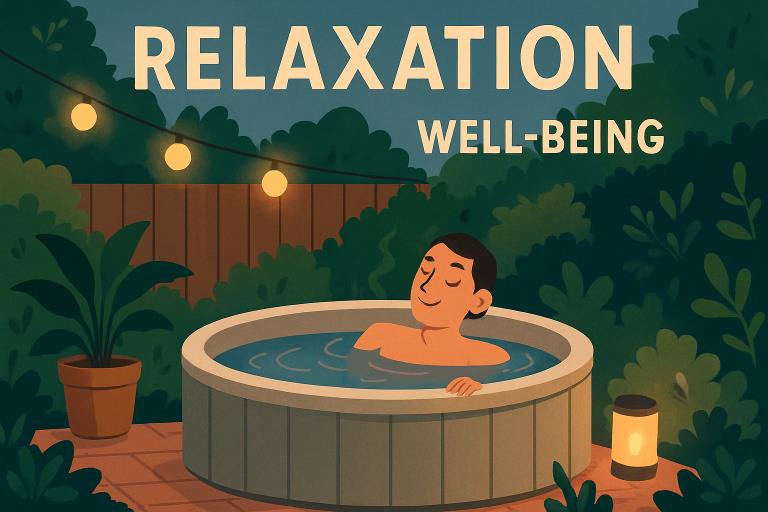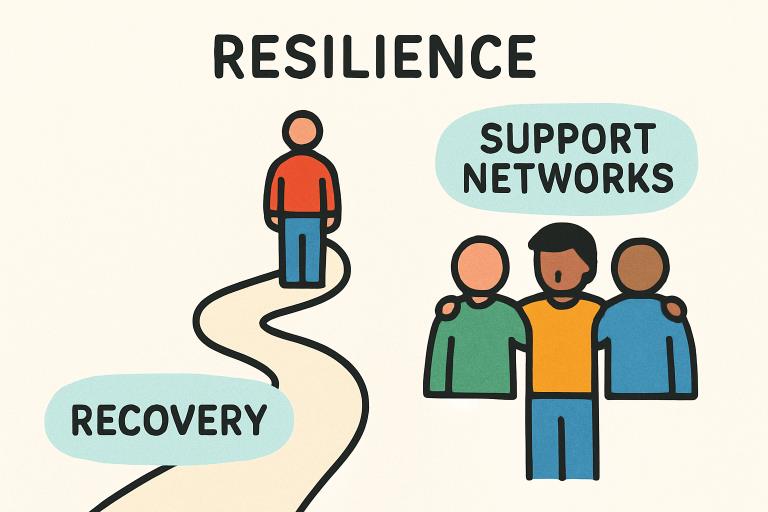Now Reading: Benefits of Regular Hot Tub Use for Wellbeing
-
01
Benefits of Regular Hot Tub Use for Wellbeing
Benefits of Regular Hot Tub Use for Wellbeing

Adding hot tub sessions to your weekly wellness routine offers a spectrum of both physical and mental health benefits. Whether you are looking for relaxation or pain relief, even compact and small hot tubs for Salt Lake City homes can make a substantial difference in your overall well-being. The therapeutic tradition of warm water immersion is time-tested, delivering stress relief, improved circulation, enhanced sleep, and much more.
Warm water, buoyancy, and pulsating jets work in harmony to soothe the mind and body. For individuals tight on space or seeking a personal oasis at home, modern compact hot tub options can deliver powerful hydrotherapy without overwhelming your backyard or patio.
Regular hot tub use doesn’t just help you unwind after a long day. It can transform your approach to self-care, blending physical recovery with the mental break you need in today’s busy lifestyle. The benefits span beyond mere relaxation, influencing cardiovascular function, sleep cycles, and even chronic pain management.
From supporting healthy glucose levels to fostering deeper sleep, the science-backed advantages of hydrotherapy make it a smart investment for holistic wellness. As you explore this guide, you’ll discover how consistent hot tub use can become a central part of your health journey.
Stress Relief
One of the most immediate and notable benefits of using a hot tub is reduced stress. As warm jets massage your muscles, cortisol—the primary stress hormone—begins to drop. This warmth envelopes you, a calm washes over your mind, and the muscle tension of a hectic day starts to dissolve. Studies have shown that immersion in warm water can quickly activate the parasympathetic nervous system, supporting mental clarity and emotional balance.
Muscle Relaxation
For athletes and everyday users alike, hot tubs have become a cornerstone for physical recovery. The combination of buoyancy and heat increases circulation, helping to deliver oxygen and nutrients to tense muscles, which accelerates healing and reduces post-exercise soreness. Individuals coping with chronic pain, such as arthritis and fibromyalgia, often report significant relief and improved flexibility after regular soaks.
Improved Sleep Quality
Hot tub therapy is a recognized strategy for enhancing sleep. Soaking in hot water for about 60-90 minutes before bedtime raises your body temperature. As you exit the tub, your core temperature drops, naturally signaling to your body that it’s time to rest and repair.
Cardiovascular Health
Stepping into a hot tub widens blood vessels, improving circulation and temporarily lowering blood pressure. This passive form of cardiovascular exercise is beneficial for those who have mobility issues or health conditions that prevent intense physical activity. Research indicates that this gentle cardiovascular stimulation can benefit heart health when paired with your physician’s guidance.
Pain Relief
Hydrotherapy has been shown to relieve pain related to musculoskeletal conditions. The warmth of the water and the targeted pressure from jets help relax tendons, loosen stiff joints, and minimize pain from inflammation. For individuals managing chronic conditions, these sessions offer temporary but appreciable relief from daily aches and pains, making hot tubs a valuable non-pharmaceutical option in pain management regimens.
Enhanced Mental Wellbeing
Hot tubs offer more than just physical benefits. The tranquil environment they create, combined with muscle tension relief, can reduce symptoms of anxiety and depression. The immersive experience invites mindfulness—a key factor in reducing negative thought patterns and improving mood over time. Establishing a routine of soaking, especially with calming music or aromatherapy, multiplies these mental health benefits.
Support for Diabetes Management
Emerging research suggests that regular immersion in hot water may help individuals with Type 2 diabetes better manage their condition. Passive heating from hot tubs mimics some of the effects of physical activity, such as improved insulin sensitivity and lower blood glucose levels, according to studies referenced by Healthline. This can complement traditional management strategies and offer another tool for metabolic control.
Calorie Burn
Increasing your core temperature can boost calorie burn, similar to what occurs during mild aerobic activity. While soaking in a hot tub isn’t a substitute for traditional exercise, it provides a gentle way to burn extra calories, especially for individuals who are unable to engage in high-intensity workouts. The body’s natural response to heat, especially when maintaining optimal temperature, requires energy, leading to incremental calorie expenditure.
Including hot tub sessions in your wellness routine supports a holistic approach to health, from relaxing away stress to managing chronic issues and improving sleep. As always, consult a healthcare professional—especially if you have underlying health conditions—before making hydrotherapy a staple of your health regimen. With so many benefits, hot tubs remain an accessible, enjoyable, and effective tool for supporting lifelong wellbeing.





















